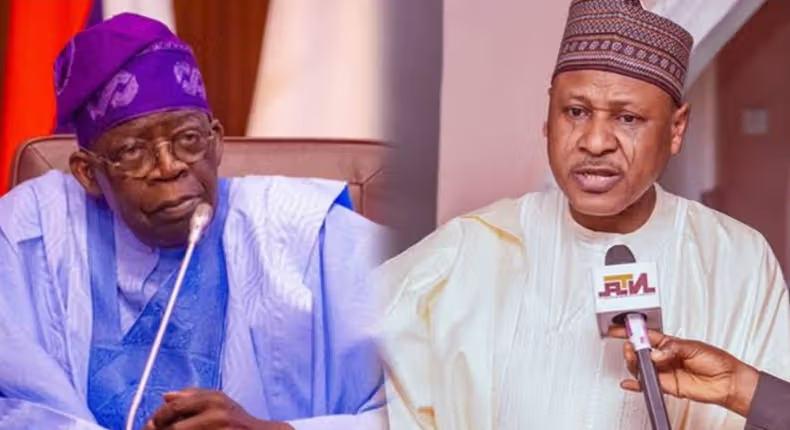Mohammed Idris, the Minister of Information and National Orientation, has cleared the Federal Government of any responsibility for the recent hike in petrol prices, which saw the Nigerian National Petroleum Company Limited (NNPCL) increase the pump price to ₦1,030 per litre in Abuja and ₦998 in Lagos as of October 9, 2024.
Details of the Price Increase
The new fuel prices vary across different regions, with South-West states priced at ₦1,025 per litre and North-East states at ₦1,070. Meanwhile, consumers in the South-East and South-South regions will pay ₦1,045 and ₦1,075, respectively. The increase has sparked widespread discontent among citizens, who are calling on the government to reverse the decision.
Government’s Position
Idris stated that the recent price adjustment is a result of market conditions in the energy sector rather than a government mandate. He emphasized that the NNPCL made the decision independently and that the government is no longer in a position to control petrol prices following the enactment of the Petroleum Industry Act (PIA).
“The NNPCL has been paying a differential since the petrol subsidy regime ended in May 2023. It can no longer absorb these losses,” Idris explained, citing factors contributing to the price increase, including:
- Volatility in the global oil market: Citing ongoing crises in the Middle East and other global influences, Idris noted that the situation is impacting petroleum product prices worldwide.
- Financial sustainability of NNPCL: As a limited liability company, the NNPCL cannot continue to operate at a loss, leading to the necessity of the price increase.
Appeal to Nigerians
Despite the dissatisfaction surrounding the price hike, the Minister appealed to citizens for understanding, assuring them that while the prices may be high now, there is hope for a decrease in the long run.
“The differential you’re seeing is a result of different factors. NNPC cannot continue to absorb these losses for Nigeria,” he reiterated, encouraging the public to remain patient during these challenging times.
The response from Idris reflects the ongoing tension between the government, citizens, and the NNPCL regarding fuel pricing and the broader implications of market fluctuations on the economy.

